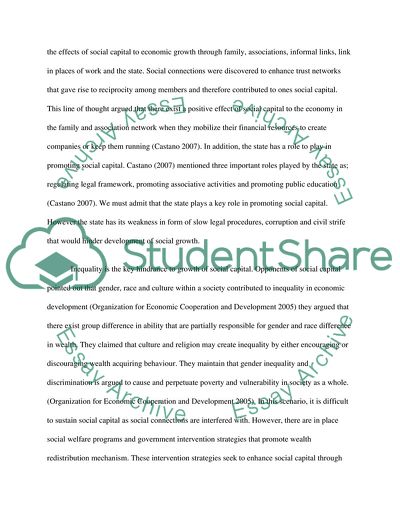Cite this document
(How Can Inequality Undermine the Development of a Country Case Study - 2, n.d.)
How Can Inequality Undermine the Development of a Country Case Study - 2. Retrieved from https://studentshare.org/macro-microeconomics/1771646-how-can-inequality-undermine-the-development-of-a-country
How Can Inequality Undermine the Development of a Country Case Study - 2. Retrieved from https://studentshare.org/macro-microeconomics/1771646-how-can-inequality-undermine-the-development-of-a-country
(How Can Inequality Undermine the Development of a Country Case Study - 2)
How Can Inequality Undermine the Development of a Country Case Study - 2. https://studentshare.org/macro-microeconomics/1771646-how-can-inequality-undermine-the-development-of-a-country.
How Can Inequality Undermine the Development of a Country Case Study - 2. https://studentshare.org/macro-microeconomics/1771646-how-can-inequality-undermine-the-development-of-a-country.
“How Can Inequality Undermine the Development of a Country Case Study - 2”. https://studentshare.org/macro-microeconomics/1771646-how-can-inequality-undermine-the-development-of-a-country.


